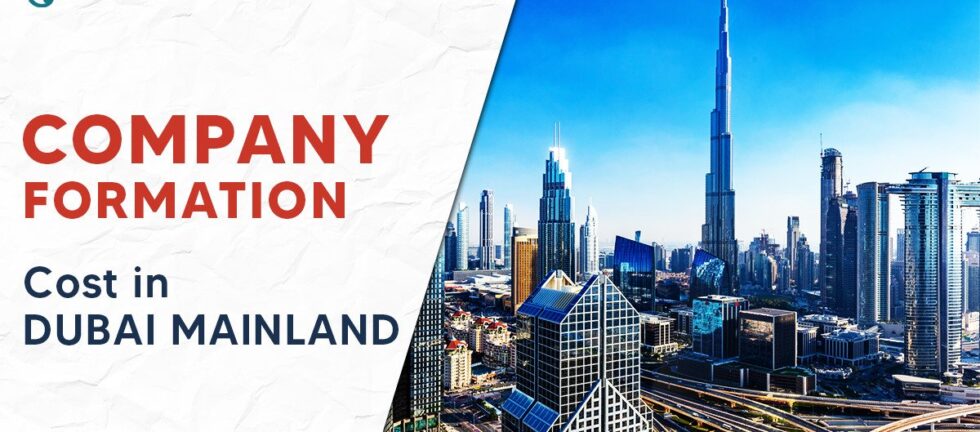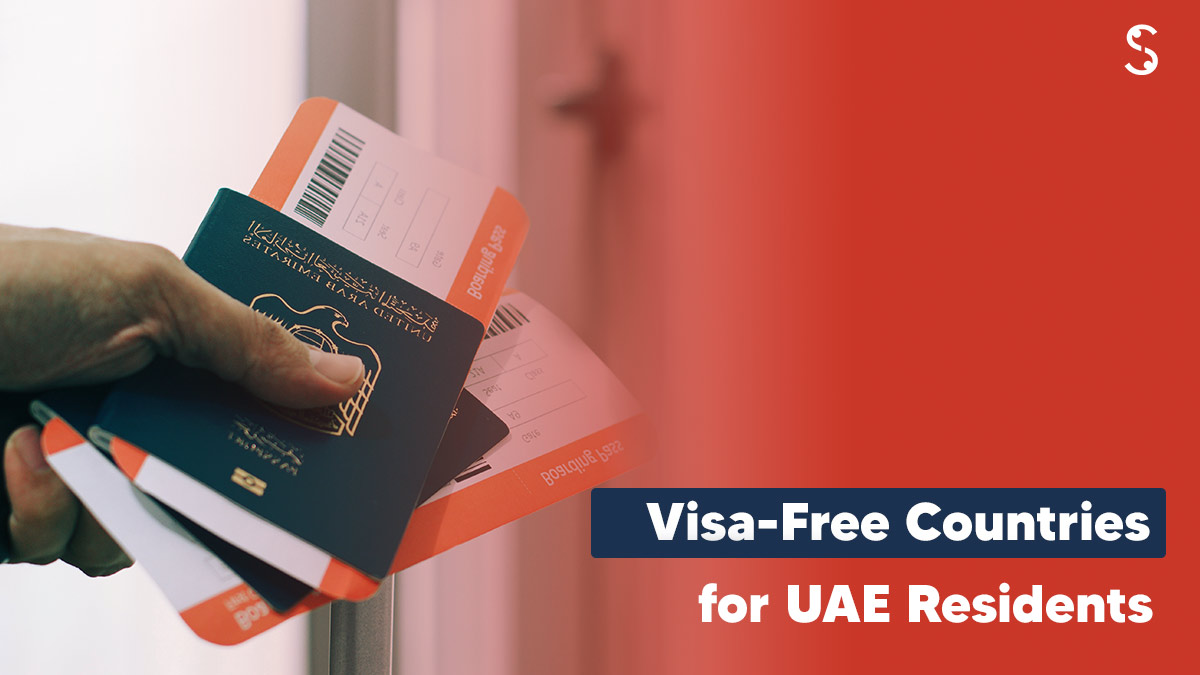Document Clearing Services in Dubai, UAE
Want to make it big in Dubai? Hold on! you might get stuck in a paperwork swamp. With various rules, regulations, and paperwork requirements, it’s easy to feel overwhelmed. That’s where document clearing services in come in. Document clearing services in Dubai are designed to help individuals and businesses efficiently process and submit the necessary documents for a wide range of legal and administrative procedures. From visa applications to business registrations, document clearing services can save you time, stress, and ensure that everything is done correctly. If you’re considering setting up a startup, relocating your business, or understanding personal document requirements, stay with us. We will equip you with the knowledge and resources to conquer the document clearing process and unlock the true potential of your Dubai business dream. What is Document Clearing Services in Dubai? Document clearing services in Dubai, UAE, are companies that assist individuals and businesses with the often complex and time-consuming process of obtaining the necessary permits, licenses, and approvals from various government departments. These services can be especially helpful for those who are unfamiliar with the UAE’s legal and regulatory system or who simply don’t have the time to deal with the bureaucracy themselves. Here are some of the typical services that document clearing companies in Dubai offer: Company formation and registration Trade license application and renewal Visa processing and sponsorship Attestation and legalization of documents Ejari registration (landlord-tenant agreement registration) Customs clearance PRO services (Public Relations Officer) Why Use Document Clearing Services in Dubai? There are several compelling reasons why you might consider using document clearing services in Dubai: Expertise and Experience Document clearing companies in Dubai have extensive knowledge and experience in the complex regulatory and bureaucratic processes involved in obtaining various permits, licenses, visas, and other documents. Their expertise can streamline the process and ensure compliance with local laws and regulations. Saves Time and Money By outsourcing the document clearing process, you can save yourself a significant amount of time and money. Ensures Accuracy Document clearing companies have the expertise to ensure that your documents are submitted correctly and that you meet all of the requirements. Accuracy and Efficiency Experienced document clearing services understand the specific requirements for each type of application or license. They can ensure your paperwork is accurate and complete, minimizing the risk of errors or delays. Compliance with Regulations Document clearing services stay updated on the latest regulations and legal requirements, ensuring your business or personal affairs are compliant. This avoids legal issues and fines that can arise from non-compliance. Language Assistance If English isn’t your primary language, document clearing services can bridge the communication gap, ensuring accurate translations and clear understanding with government officials. Different Types of Documents Clearing Services in Dubai Dubai’s diverse population and bustling business environment necessitate a wide range of document clearing services. Here are some common types: Company Formation Services Document clearing companies assist with the formation and registration of companies in Dubai. This includes obtaining trade licenses, registering with relevant authorities such as the Department of Economic Development (DED), and completing all necessary paperwork for establishing a legal entity in the UAE. Ejari Registration Services Registers tenancy agreements between landlords and tenants on the Ejari online platform, a mandatory requirement in Dubai. Visa and Immigration Services Handle visa and immigration processes for individuals and families relocating to Dubai or seeking employment opportunities. This includes processing visa applications, residency permits, work permits, family sponsorship visas, and other related documentation. PRO (Public Relations Officer) Services Many document clearing companies offer PRO services, which involve acting as a liaison between clients and government authorities. PROs handle document submissions, follow-ups, and other administrative tasks. Customs Clearance Services For businesses involved in importing or exporting goods, document clearing companies facilitate customs clearance processes. Trade License Renewal and Amendments Companies in Dubai require trade licenses to operate legally. Document clearing services help with the renewal of trade licenses, as well as any necessary amendments or modifications to existing licenses based on changes in business activities or legal requirements. These are just a few examples of the diverse range of document clearing services available in Dubai. Choosing the Right Service: Consider your specific needs and document types. Compare service offerings, pricing, and turnaround times of different companies. Check for company reputation, experience, and client reviews. Ensure the company holds necessary licenses and certifications. And what can be better than Shuraa Business Setup, Dubai’s leading business setup consultant with over 23 years of experience. Shuraa has assisted over 50,000 businesses in Dubai and UAE. Get a free consultation from one of our company formations experts. Process of Document Clearing at Shuraa The process of document clearing in Dubai typically involves several steps, depending on the specific requirements of the documents and the nature of the services needed. Initial Consultation Discuss your specific business needs and requirements with one of our experts. Provide the relevant documents and information. Document Collection and Preparation Gather all required documents as instructed by the expert. Ensure documents are complete, accurate, and in the correct format. Government Liaison and Submissions We will submit your documents to the relevant government departments on your behalf. We’ll also handle communication and follow-ups with the authorities. Fees associated with permits, licenses, etc., are paid during this stage. Approvals and Processing Government departments review your documents and grant approvals. This can take days or weeks depending on the complexity of the process. We keep you informed about the progress. Collection and Delivery Once approvals are obtained, we collect your documents and deliver the final documents and licenses to you. But this doesn’t stop here, we offer many other essential services including legal consultation or translation assistance, PRO services, office space, visa assistance and much more. Throughout the entire process, we ensure strict adherence to deadlines, maintain confidentiality, and provide professional guidance and support to you to ensure a smooth and efficient clearance process. Focus on Your Vision, Let Us Handle the Rest Document clearing services in Dubai offer a










